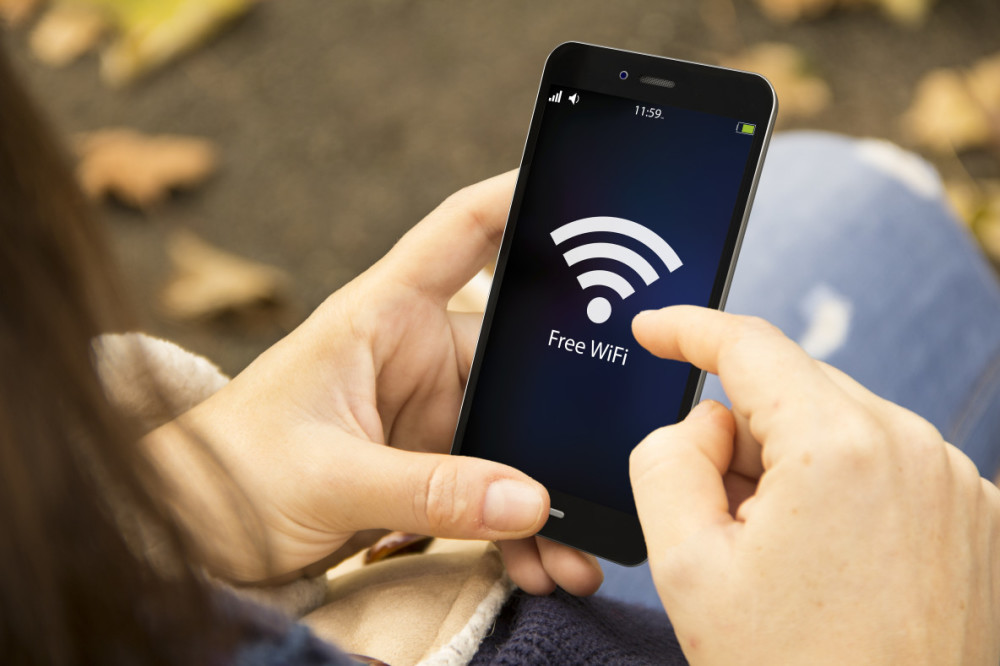Google issues warning to millions of Chrome users
'This issue is marked highest priority'
One in five people fail to check if public hotspots are legitimate.

Millions of people are gambling with their personal data by blindly accessing fake wifi hotspots, according to a poll.
One in five have taken “significant risks” by failing to check if public wifi connections are legitimate – instead using hotspots which are free, seem to be credible and offer fast speeds.
Users could be connecting to misleading hotspots, which can appear to be reputable but allow cybercriminals to eavesdrop on users and steal usernames, passwords and bank details.
These wifi connections, which often have innocuous sounding names such as “airport wifi” or “hotel wifi”, can also redirect victims to malicious malware sites and phishing sites.
The poll of 2,000 adults found 70 per cent have used free public wifi. More than a third have entered passwords, a fifth have used credit cards and 31 per cent have accessed online banking.
“Consumers are choosing convenience over safety when using public wifi,” said Paul Lipman, CEO at BullGuard, which commissioned the study. “Hackers can easily set up malicious hotspots which appear to be legitimate and yet can intercept and record people’s personal data.
“This allows them to steal usernames, passwords, credit card details, bank account information and more.”
The research also found two thirds of public wifi users have set up their devices to automatically connect to the nearest hotspot – putting their personal details on the line. Further to this, four in 10 users habitually connect to hotspots with a name reflecting the location they are in such as “library wifi” or “restaurant wifi”, which can be a risk.
But 62 per cent of respondents were conscious of cyber-crime, and reported being “afraid” of their devices being hacked.
The survey also identified confusion around staying safe when using public wifi – almost half are mistakenly under the impression antivirus software will protect their data.
Top Tips:
Virtual Private Networks (VPNs) is an effective way of keeping you safe online when using public wifi. It creates a secure connection tunnel between your device and the websites and services you are accessing to keep you safe whether you’re using a smartphone or laptop on public wifi in a café, or if you want to check online banking accounts from an airport or hotel.
https://www.independent.co.uk/life-style/gadgets-and-tech/fake-wifi-hotspots-malware-security-data-warning-a9025441.html